I haven't studied the subject before, how could I prepare?
If you haven’t studied the subject before, ensure that you have not only read carefully which topics are taught on the university course, but also that you have done independent research and are able to express eloquently your interest for the subject.
If the subject is a language – like mine, I applied for History of Art with Italian, having only studied History of Art before – I would strongly recommend that you know roughly 50 phrases or words in that language, enough to hold a basic conversation. It is useful going into university with some background context and knowledge because it will put you slightly ahead within the class.
What can I do over the summer?
It would be a good idea to read throughout the summer, books which you enjoy (both academic and non-academic). This is because the reading load at university steps-up a level in comparison to school.
However, leave lots of time for relaxation and spending time with your family and close friends (as you will be away from them in term time).
I was one of only two girls from my year at school who went to the University of Warwick so, I am so glad that I spent time with friends throughout summer because during term time it’s harder to keep in contact with them.
Do you recommend any particular reading for History of Art?
I would say that it is useful having a balance of both a good foundation knowledge in the general History of Art, as well as well as having a handful of areas of specialism up your sleeve.
Build a knowledge base on the general history of art:
- Reading a few chapters from the greats in art history is a good starting point. For me, these included: Giorgio Vasari’s ‘Lives of the Artists’; E. H. Gombrich’s ‘The Story of Art’; and John Berger’s ‘The Ways of Seeing’. I was recommended these by my school History of Art tutor, but I also found them on Oxbridge and University of Warwick reading lists.
Find a specific area of interest:
- Personally, after completing my EPQ, I had knowledge around Austrian and German portraiture of the 1890s-1910s.
- Watching some documentaries or films about the art/architecture/historical period you have an interest in will expose you to the wider context of the day. BBC’s ‘Civilisations’ would be a good place to start because it covers both Eastern and Western art, as well as both the classical and modern worlds of art. From time to time, documentaries on specific artists get released, so I would recommend keeping an eye out for those too as they are both useful and enjoyable to watch.
Get a grasp of the artistic vocabulary and formal language that art historians use:
- I would highly recommend reading parts of Penny Huntsman’s ‘Thinking About Art: A Thematic Guide to Art History’. She draws from a range of artistic periods and styles, so she makes comparing art genres clearer and more understandable to the reader.
- Books on art history can get very technical and it would be pertinent to ensure you understand roughly how to interpret a work of art and how to go about observing and analysing artworks and edifices in general.
What else would you recommend for History of Art?
I also believe that podcasts are really useful for listening to when you are on the go but do not have a book at hand. They are more productive than listening to music on long journeys because you can learn and enjoy the content at the same time. My favourite podcasts for art include: Melvyn Bragg’s ‘Moral Maze – History and Culture’; The Tate’s series ‘The Art Of…; ‘In Our Time’; ‘Art Matters’; ‘ArtCurious’; and the University of Oxford’s History of Art lecture series.
